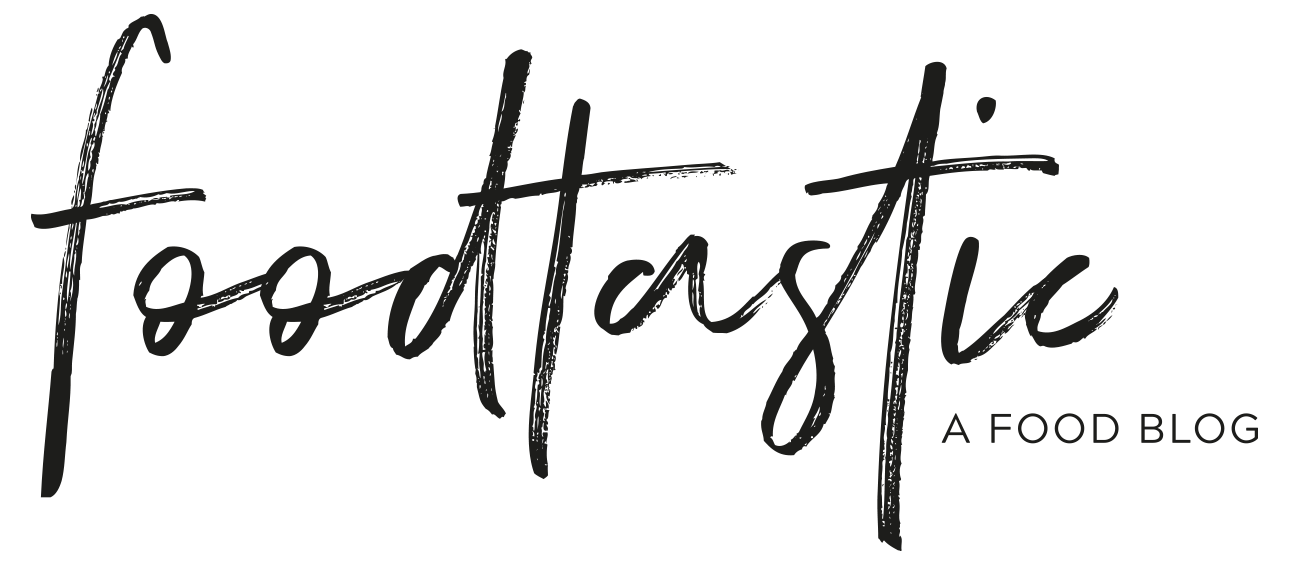25.
Nov.
Nov.
Basil Seeds – the new Basil Boom

Basil. It has got to be one of the most popular and most widely used herbs around. Sprouting in your herb garden or balcony planter, it'll be growing and available to use all summer. And just like parsley, chives and others, you can freeze or dry it to get through the winter. It works not just as a conventional accessory to tomatoes and mozzarella, but also as a pesto, seasoning and garnish for many Italian and other mediterranean dishes. These days, virtually no kitchen is without basil. Like Loriot would have put it: life without basil is possible, but pointless.
Since I use basil quite a lot in my own cooking, it was time to take a closer look at this fragrant plant. In some languages, basil is called "king's herb", and for a reason: it's easy to grow, looks pretty and even bees appreciate its blossoms. Basil has been cultivated in Asia and India for over 5000 years.
Less popular than basil leaves in our neck of the woods are the similarly fantastic seeds of this plant, which I only recently discovered as well. They are similar in appearance and characteristics to the widely known chia seeds, which represent a healthy and essential addition to my diet. By comparison, basil seeds don't get the short end of the stick either: chock-full of essential nutrients and vitamins, they are miniature power packs.

Basil seeds or Tukmaria seeds, (sweet basil) are highly valued and a basic staple in many Asian countries due to their tasty flavour and healthy qualities.
If you soak the seeds in water, they develop a gel-like consistency, which makes them ideal for puddings and desserts. In Asian countries, they are often used in drinks, which would therefore be incredibly nutritious but for the gigantic amounts of sugar added to them. In the US and some Asian countries, so-called functional drinks, featuring chia or basil seeds, are one of the growing, innovative trends today.
Basil seeds strengthen our immune system, increase our metabolism and help reduce mental and physical stress.
There is much more, however - basil seeds are a veritable power food. They....
- contain large amounts of essential nutrients
- maintain hydration in the body
- deliver energy over a long period of time
- increase satiety
- have a positive effect on blood sugar levels
- increase endurance
- support digestion
- are great for the skin
- have a cleansing effect
- are very refreshing - particularly in the summer
- decrease sweet or junk food cravings

(c) Illustration / Eva Fischer
Basil seeds actually have the capacity to expand to 30 times their size when soaked or digested, which makes them an ideal diet food, as they reduce the appetite while at the same time providing a ton of fibre. Of course you should be drinking enough fluids with them.
Basil seeds are extremely low calorie and are the ideal quick snack on the run. You can nibble on them just the way they are or add them to cereals, soups, salads, warm as well as cold dishes - basil seeds are a great contributor to our well-being. They contain many proteins, vitamins and minerals including the "forgotten" vitamin K, which is fat soluble and regulates our calcium levels, thereby guarding against arteriosclerosis.
Basil seeds have an extremely high nutritional value and health-promoting qualities and are therefore ideal for both our mental and physical well-being. Tiny, but packing a punch - a true superfood!

Since I use basil quite a lot in my own cooking, it was time to take a closer look at this fragrant plant. In some languages, basil is called "king's herb", and for a reason: it's easy to grow, looks pretty and even bees appreciate its blossoms. Basil has been cultivated in Asia and India for over 5000 years.
Less popular than basil leaves in our neck of the woods are the similarly fantastic seeds of this plant, which I only recently discovered as well. They are similar in appearance and characteristics to the widely known chia seeds, which represent a healthy and essential addition to my diet. By comparison, basil seeds don't get the short end of the stick either: chock-full of essential nutrients and vitamins, they are miniature power packs.

Basil seeds or Tukmaria seeds, (sweet basil) are highly valued and a basic staple in many Asian countries due to their tasty flavour and healthy qualities.
If you soak the seeds in water, they develop a gel-like consistency, which makes them ideal for puddings and desserts. In Asian countries, they are often used in drinks, which would therefore be incredibly nutritious but for the gigantic amounts of sugar added to them. In the US and some Asian countries, so-called functional drinks, featuring chia or basil seeds, are one of the growing, innovative trends today.
Basil seeds strengthen our immune system, increase our metabolism and help reduce mental and physical stress.
There is much more, however - basil seeds are a veritable power food. They....
- contain large amounts of essential nutrients
- maintain hydration in the body
- deliver energy over a long period of time
- increase satiety
- have a positive effect on blood sugar levels
- increase endurance
- support digestion
- are great for the skin
- have a cleansing effect
- are very refreshing - particularly in the summer
- decrease sweet or junk food cravings

(c) Illustration / Eva Fischer
Basil seeds actually have the capacity to expand to 30 times their size when soaked or digested, which makes them an ideal diet food, as they reduce the appetite while at the same time providing a ton of fibre. Of course you should be drinking enough fluids with them.
Basil seeds are extremely low calorie and are the ideal quick snack on the run. You can nibble on them just the way they are or add them to cereals, soups, salads, warm as well as cold dishes - basil seeds are a great contributor to our well-being. They contain many proteins, vitamins and minerals including the "forgotten" vitamin K, which is fat soluble and regulates our calcium levels, thereby guarding against arteriosclerosis.
Basil seeds have an extremely high nutritional value and health-promoting qualities and are therefore ideal for both our mental and physical well-being. Tiny, but packing a punch - a true superfood!
